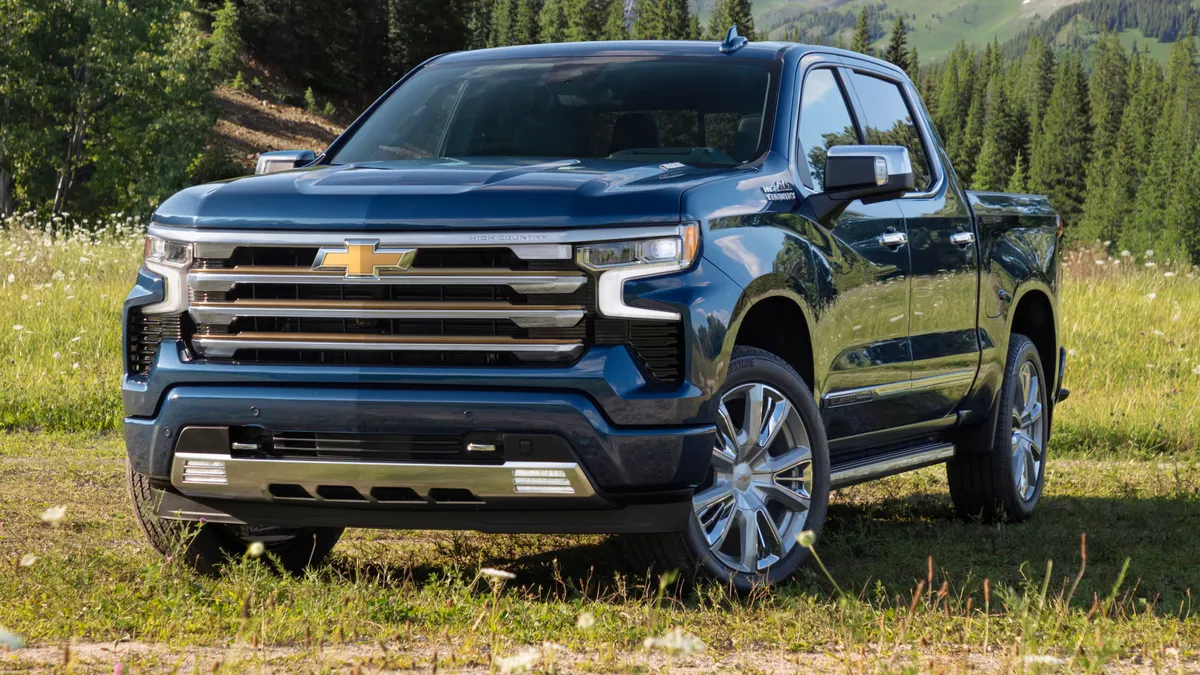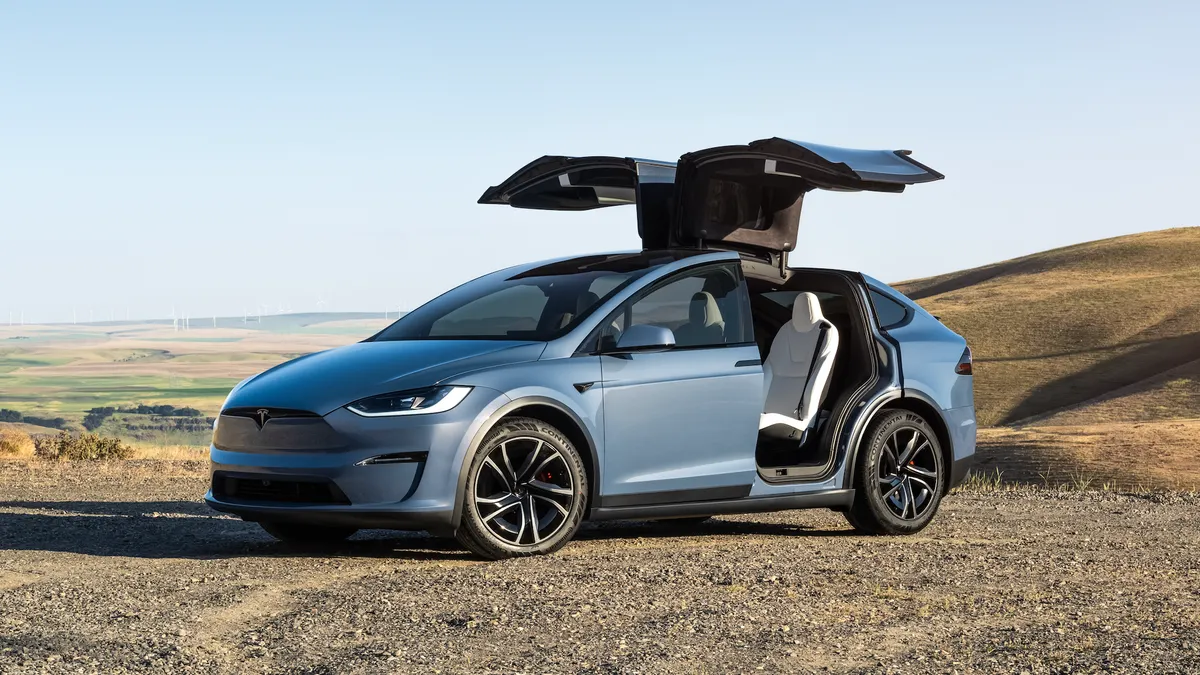Editor's note: This story is part of the WardsAuto digital archive, which may include content that was first published in print, or in different web layouts.
As U.S. automakers strive to bring autonomous driving R&D in-house, some small companies with the technology are looking to China for investors and customers.
Wheego Technologies, best known for making a small electric car, is doing just that.
Previously known as Wheego Electric Cars, the company no longer produces EVs. It now sees itself as an R&D company, and it aims to supply Chinese automakers with electric-vehicle and autonomous-driving technology.
“We are a technology company whose primary focus is on EVs and autonomous driving systems,” CEO Mike McQuary tells WardsAuto.
Based in Atlanta, Wheego was founded in 2009 to produce small EVs. It sold about 400 units through a network of dealers in the U.S. But those dealers haven’t had vehicles to sell in nearly three years, McQuary says.
The company now is focused on developing products for autonomous vehicles that use machine learning and artificial intelligence. It has two divisions of about a dozen employees each.
Its division in Sonoma, CA, still is working on EV drivetrains. A new division in Atlanta set up 18 months ago is figuring out the best approach to autonomous driving.
Wheego recently announced it obtained permission to test autonomous vehicles in California, necessary for the Sonoma group to prove its technology.
Wheego differs from some autonomous-vehicle technology companies in a few ways, McQuary says. While some approach autonomous driving in a rule-based, “if this then that” way, another approach, and the one Wheego is taking, is to use machine learning, which looks at the best traits of human drivers and adopts them.
“Artificial intelligence and machine learning are going to have the same effect on people’s lives as the Internet has had in the last 20 years,” he predicts.
McQuary compares his current focus on deep learning and artificial intelligence to that early plunge into Internet technology.
McQuary was president and chief operating officer of internet-service provider Mindspring, which under his leadership merged with Earthlink and won numerous customer-service awards, while competing against giants such as AT&T and Microsoft.
Wheego is in a similar situation, competing with Apple and Google on deep learning and artificial intelligence.
But there still is room for a small company such as Wheego, McQuary says. “The segment is so nascent right now the rising tide lifts all boats.”
Filling Void
Wheego’s focus is on selling to Chinese customers, who are racing to develop EVs and to include autonomous driving in the package.
However, many lack technical expertise. Wheego figures it can fill that void.
“We will sell to Chinese automakers,” he says. “I think most of the U.S. OEMs have the mentality that everything needs to be built by themselves. That has been the culture and the mindset.”
China should move faster than the U.S. in the autonomous-vehicle field due to less emphasis in the world’s biggest new-vehicle market on insurance and self-driving-car liability issues, McQuary says.
Foxconn Technology Group is behind Wheego’s shift in focus from producing EVs to autonomous technology. The Taiwanese electronics giant invested in Wheego in early 2004 and asked the company to develop an electric delivery van for China and to create a group for big-data collection methods.
“We actually did go down both roads,” McQuary says. “Our Sonoma R&D facility built the delivery van, and we created a machine-learning group in Atlanta for autonomous driving and data collection.”
But producing the vans was hugely capital-intensive, and Wheego wasn’t interested in continuing. It did stick with the machine-learning development and the focus on China, however. It also still researches EV drivetrains.
Foxconn divested from Wheego in the first quarter of this year, but McQuary says: “They have left us in a great place. Our DNA was a great electric car with 50% automotive and 50% technology. Now we are really 80% (a) technology (company).”
To be sure, China is focused on producing more EVs, and Chinese firms such as search-engine giant Baidu are aggressively grabbing for the autonomous driving golden ring.
But the strategic refocus on autonomous-vehicle technology is hardly unique, says Sam Abuelsamid, senior analyst at Navigant Research. “Everyone in Silicon Valley, Detroit, Tokyo and Seoul has been thinking about it,” he says.
Whether Wheego has the resources, both human and financial, to compete in that sector is the big question, Abuelsamid says. However, the focus on domestic Chinese automakers as clients could be a good strategy.
Because of the country’s pollution and congestion, “the Chinese market is a place that is ripe for the adoption of autonomous vehicles,” says McQuary.
Wheego likely will become more reliant on Chinese money in the future. Right now, it is funded by a mix of Chinese and other investors, McQuary says, adding he is going to attempt to raise more funds in the fourth quarter.
“Probably more (investors) will be Chinese,” he says.


















